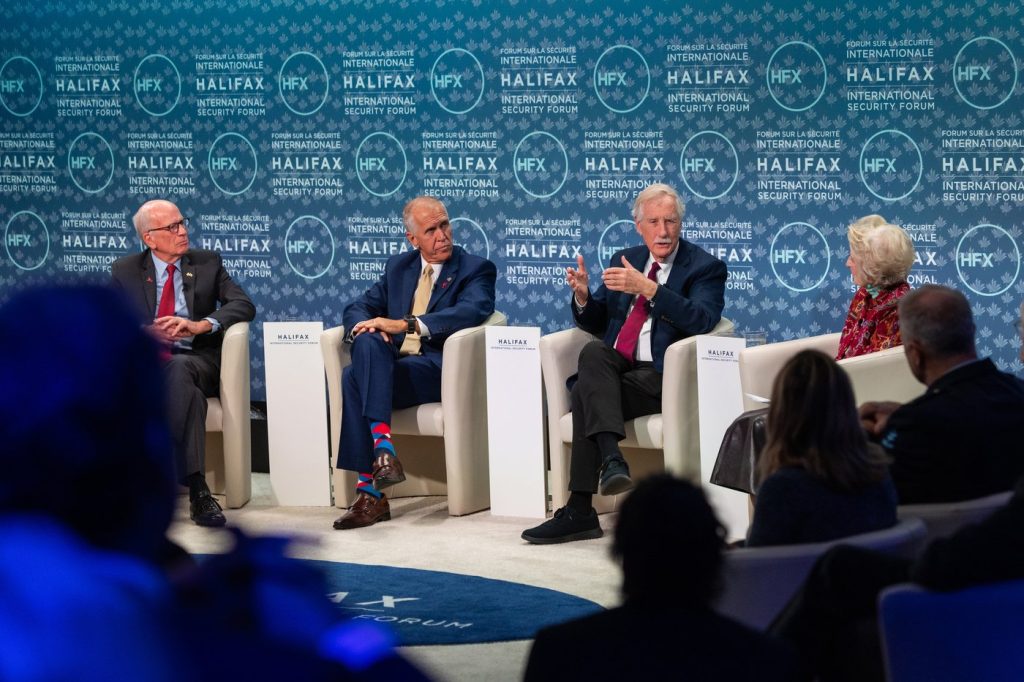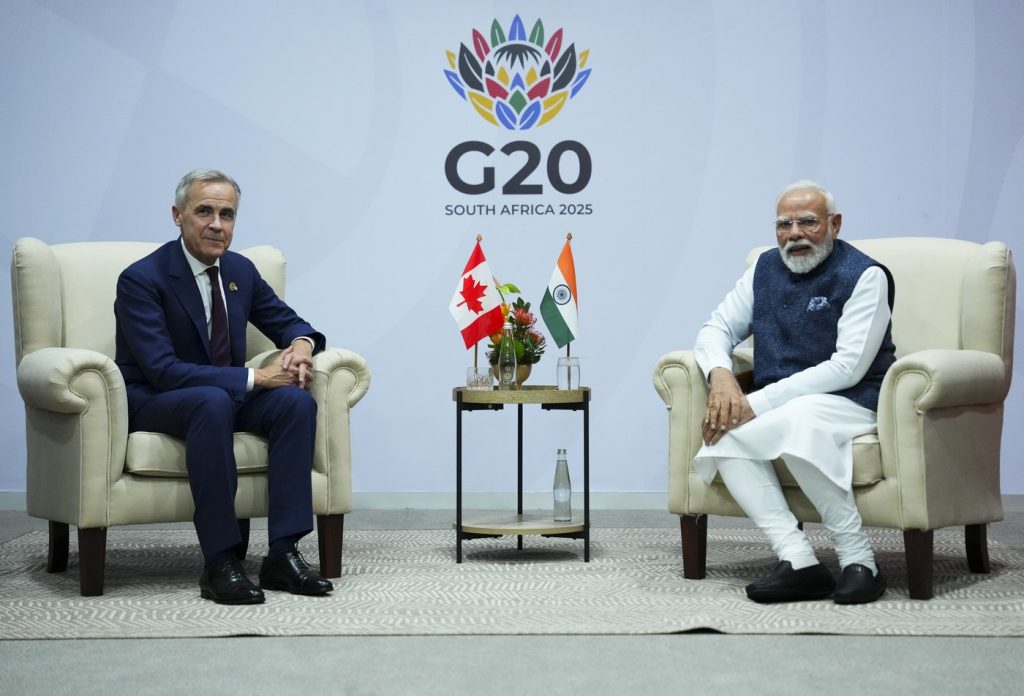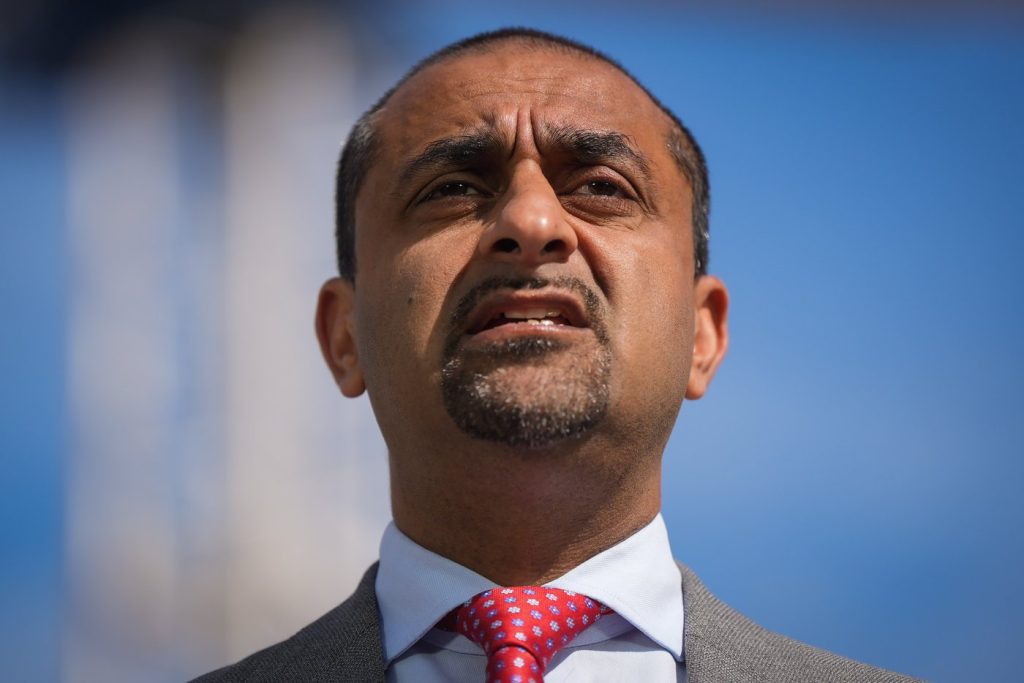HALIFAX 0 The economic impact of tariffs imposed on Canada by U.S. President Donald Trump has been significant. U.S. Senator Angus King from Maine expressed more concern about the personal reactions of Canadians during the annual Halifax International Security Forum. This event, which opened on Friday, has drawn over 300 delegates from around the world, including politicians, academics, military leaders, and officials from non-governmental organizations.
King highlighted the long-standing cultural and economic issues between the two nations. He remarked, "Like any neighbours, there’s always going to be issues back and forth, and we’ve been fighting about softwood lumber for as long as I could remember." However, he emphasized that a more troubling issue is the perception among Canadians that Americans are adversaries rather than allies. This sentiment is particularly resonant in King’s state, which shares borders with New Brunswick and Quebec, where personal interactions are commonplace.
During the conference, which focused on democracy, a debate erupted regarding Canada-U.S. relations. King lamented the unnecessary pain caused by tariffs, stating, "Being from a state where we have people going across the border to get a haircut 0 it’s a sad day." He noted that the tariffs imposed by the U.S. yielded no tangible benefits. Republican Senator Thom Tillis of North Carolina countered King’s remarks by reminding the audience of the historical relationship shared by Canada and the U.S. He stated, "I know that if we were under threat, we would come to each other’s aid," asserting that both nations are part of a family of democratic countries that have long squabbled over trade issues.
However, Tillis quickly pivoted to criticize Canada for its perceived failure to meet its financial commitments to NATO. He claimed that Canada owes the military alliance over $300 billion and questioned the credibility of Canadian leadership regarding defense spending promises. "Every prime minister has said the same thing, 'We’re going to get to it,' and they never got to it," Tillis stated. This comment drew attention to the ongoing debates surrounding defense funding in light of NATO obligations.
Former Congresswoman Jane Harman from California, representing the Democratic Party, defended Canada by highlighting the recent decision by Prime Minister Mark Carney to increase defense spending by $9 billion by March of the following year, aiming to reach two percent of Canada’s GDP. However, Tillis dismissed this commitment as insufficient, remarking, "That’s lovely, but could we do a makeup for the 20 years of shortfall payments as well?" His comments reflected a wider frustration with Canada’s historical underfunding of NATO commitments.
During a subsequent press conference, Republican Senator Kevin Cramer from North Dakota echoed King’s concerns regarding the "cultural break" between Canadians and Americans. He noted a decline in Canadian tourism to the U.S., citing a decrease in visits from Canadians who typically travel for shopping and leisure. "Those numbers are down because people are angry," he said, indicating a tangible effect of the growing rift between the two nations.
Despite the ongoing tensions catalyzed by tariff implementations, Cramer remained optimistic for a resolution. "Our relationship with Canadians is very personal," he remarked, suggesting that open negotiations could help mend relations. "The best way to fix this is to get back to the negotiating table and fix whatever it is that separates us on trade... People in both countries are anxious to reunite," Cramer concluded, emphasizing the interpersonal connections that underpin the Canada-U.S. relationship.












